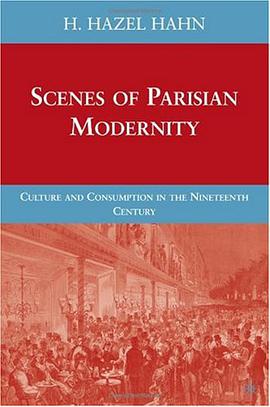

具体描述
Loie Fuller was the most famous American in Europe throughout the late nineteenth and early twentieth centuries. Rising from a small-time vaudeville career in the States, she attained international celebrity as a dancer, inventor, impresario, and one of the first women filmmakers in the world. Fuller befriended royalty and inspired artists such as Mallarm, Toulouse-Lautrec, Rodin, Sarah Bernhardt, and Isadora Duncan. Today, though, she is remembered mainly as an untutored "pioneer" of modern dance and stage technology, the "electricity fairy" who created a sensation onstage whirling under colored spotlights. But in Rhonda Garelick's Electric Salome, Fuller finally receives her due as a major artist whose work helped lay a foundation for all modernist performance to come. The book demonstrates that Fuller was not a mere entertainer or precursor, but an artist of great psychological, emotional, and sexual expressiveness whose work illuminates the centrality of dance to modernism. Electric Salome places Fuller in the context of classical and modern ballet, Art Nouveau, Orientalism, surrealism, the birth of cinema, American modern dance, and European drama. It offers detailed close readings of texts and performances, situated within broader historical, cultural, and theoretical frameworks. Accessibly written, the book also recounts the human story of how an obscure, uneducated woman from the dustbowl of the American Midwest moved to Paris, became a star, and lived openly for decades as a lesbian.
作者简介
目录信息
读后感
评分
评分
评分
评分
用户评价
相关图书
本站所有内容均为互联网搜索引擎提供的公开搜索信息,本站不存储任何数据与内容,任何内容与数据均与本站无关,如有需要请联系相关搜索引擎包括但不限于百度,google,bing,sogou 等
© 2026 book.wenda123.org All Rights Reserved. 图书目录大全 版权所有




















